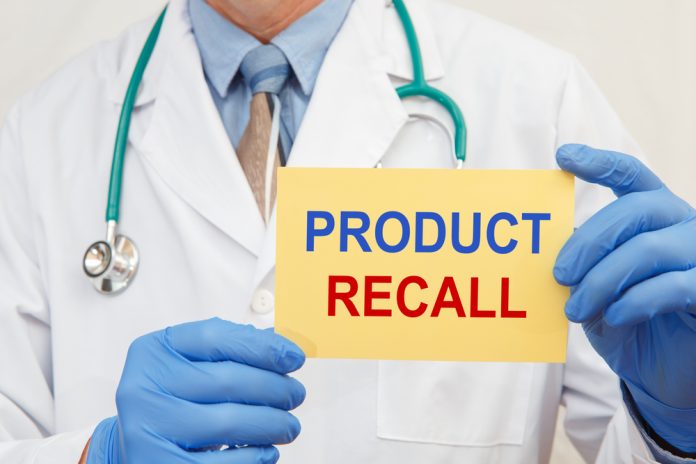
While the Biden administration focuses on attacking American small businesses with endless regulations, another dangerous foreign material contamination has hit Texas food supplies.
Key Takeaways
- Valley Fine Foods has recalled 646 cases of Chile Verde Egg Bites distributed exclusively in Texas due to foreign material contamination
- The recall affects products with UPC code 0-41220-30655-8 and lot number 05/17/25, with each case containing 7 packages
- No illnesses have been reported yet, but the FDA classified this as a Class II recall, indicating potential health risks including choking hazards
- Consumers should not eat these products and should return them to the place of purchase for a refund
- The contamination could include unidentified materials like plastic, glass, metal, or rubber, posing particular risks to children, seniors, and those with swallowing disorders
Another Food Safety Recall Hits American Shelves
Valley Fine Foods Co., a California-based food manufacturer, has issued an urgent recall for their Chile Verde Egg Bites after discovering potential foreign material contamination. The recall impacts 646 cases distributed exclusively in Texas, with each case containing 7 individual packages. This development comes as American consumers already face rising grocery prices and increasing concerns about food safety under the current administration’s regulatory approach, which often prioritizes bureaucratic compliance over effective oversight of our food supply chain.
The affected products are identifiable by UPC code 0-41220-30655-8 and lot number 05/17/25 with additional timestamp marking “L2.” Each package contains two egg bites and weighs 4.6 ounces. The company initiated the recall on April 3, 2025, but it wasn’t until April 30 that the FDA classified it as a Class II recall—a designation indicating potential temporary health consequences that, while not immediately life-threatening, still present substantial risks to consumers.
Health Risks and Vulnerable Populations
The presence of foreign materials in food products creates serious health hazards that disproportionately affect vulnerable Americans. Children under 5, seniors over 65, individuals with swallowing disorders, and those with dental work or digestive sensitivities face heightened risks. The unidentified contaminants could include dangerous materials such as plastic, glass, metal, or rubber pieces—each capable of causing oral injuries, choking incidents, or gastrointestinal damage requiring medical intervention.
Symptoms that may indicate consumption of contaminated products include sharp pain while eating, difficulty swallowing, nausea, abdominal pain, blood in stool or saliva, and unexplained fever. While no adverse reactions have been reported thus far, the potential for serious harm remains. This incident highlights yet another challenge American families face in ensuring the safety of their food supply, even as they struggle with inflation-driven grocery prices that have risen dramatically since 2021.
Consumer Guidance and Company Response
Valley Fine Foods, headquartered in Benicia, California, specializes in gourmet refrigerated meals and has advised consumers who purchased the affected egg bites not to consume them under any circumstances. Instead, customers should return the product to their place of purchase for a full refund. The company’s recall process demonstrates the importance of maintaining rigorous quality control measures in food production, though questions remain about how foreign materials entered the production line in the first place.
For consumers who believe they may have consumed contaminated product, health officials recommend monitoring for symptoms and seeking immediate medical attention if any occur. Reporting adverse reactions is crucial for preventing further harm and improving surveillance of our increasingly complex food supply chain. In an era where American consumers are already burdened with record-high food costs, these additional safety concerns create yet another layer of stress for hardworking families.
Regulatory Oversight Questions
This recall raises important questions about regulatory effectiveness in protecting American consumers. While the FDA eventually classified this as a Class II recall, nearly four weeks elapsed between the company’s initial action and the agency’s formal classification. This timeline highlights potential inefficiencies in our food safety monitoring system that need addressing. Rather than focusing regulatory resources on harassing small businesses with paperwork and compliance costs, agencies should prioritize meaningful oversight of critical health and safety issues.
As American families continue facing economic pressures at the grocery store, they shouldn’t also have to worry about foreign materials in their food. This recall serves as another reminder of the need for sensible, effective regulatory approaches that protect consumers without imposing unnecessary burdens on businesses that drive our economy.



